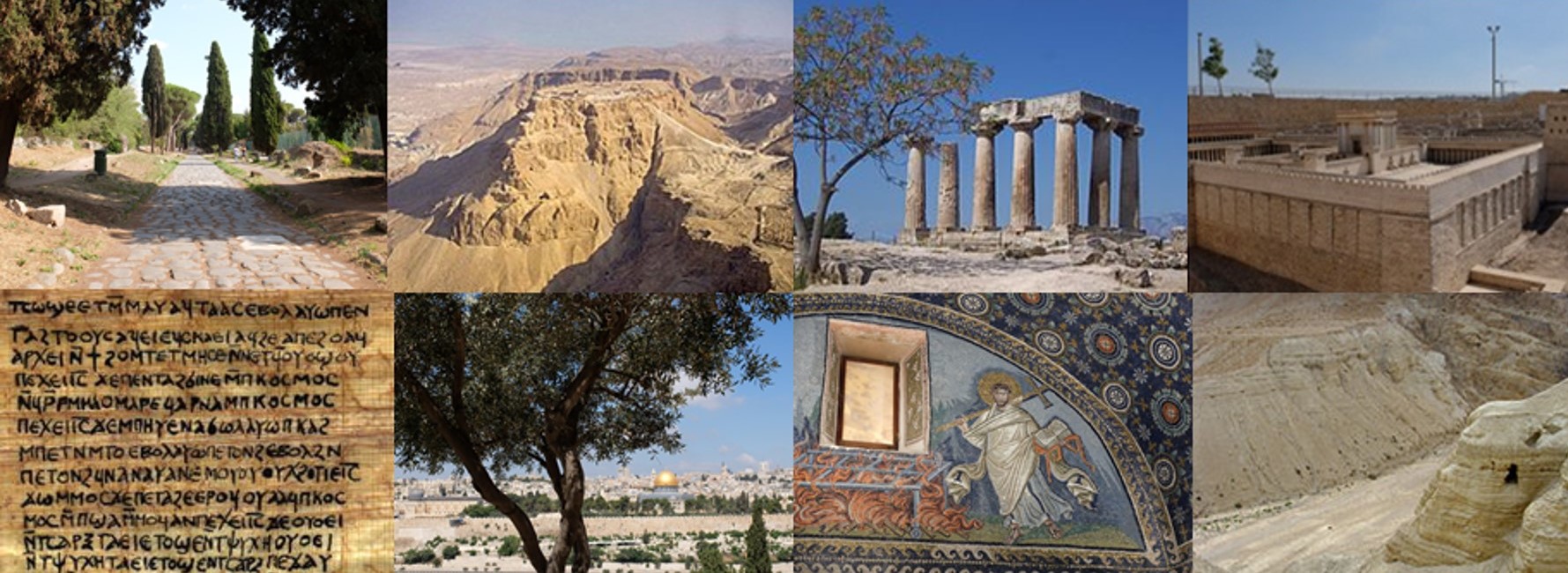Theme: ‘Eschatology’
Session 1: Invited Lecture
Susannah Ticciati, Professor of Christian Doctrine, Kings College London, ‘Ephesians, the Eschatological Imagination and the Common Good’
Followed by a response and discussion
Session 2: Short Papers
Samuel Tranter, Cranmer Hall, Durham, ‘Eschatological Naturalism and Ecological Responsibility: Troubling Some Assumptions’
The connection between commitment to addressing ecological crises and differing conceptions of Christian eschatology is widely observed. It’s often assumed that the necessary response to Christian environmental inaction is exegetical affirmation of a strongly this-worldly vision of new creation (Wright, Middleton). However, recent systematic theology has seen retrieval of elements of Christian hope that foreground discontinuity (Boersma). Moreover, there are challenges to the exegetical basis of continuationist claims (E. Adams) and doctrinal reactions to ‘eschatological naturalism’ (Sonderegger, Allen). Where does all of this leave the connection between Christian ecological witness and the content of Christian hope? I highlight some salutary emphases of continuationist accounts, but on exegetical, doctrinal, and moral grounds seek to disentangle the assumed compact of particular construals of continuity and commitment to ecological witness. Finally, drawing on black spiritual traditions, I explore how more discontinuous interpretations of the life to come themselves need not undermine responsible action.
Oliver Wright, University of Oxford, ‘ἐν ῥιπῇ ὀφθαλμοῦ (1 Cor 15.52): The Biblical foundations for Kierkegaard’s Øieblikket hiding in plain sight’
Kierkegaard’s Øieblikket (‘the moment’) has had many expositions in the secondary literature. In The Concept of Anxiety (1844), it portrays an eschatological instant of vision when the eternal and temporal touch. Almost entirely ignored, however, is a quotation (in Greek) of 1 Corinthians 15.52 in the footnote which Haufniensis (the pseudonymous author) adds at this point. I argue that the Pauline citation is more constructive for the philosophical concept of Øieblikket than has previously been recognised. Kierkegaard’s Bible reading was intensive, as evidenced by his minute and multilingual annotations on his own Greek New Testaments (also hiding in plain sight in a public library in Copenhagen). I argue 1 Corinthians 15.52 is no idle allusion, therefore. It adds rhetorical, poetic and theological depth to his argument on the question of the eschatological nature of this ‘moment’. Taking Kierkegaard’s biblical allusions more seriously in the way I advocate here has significant implications for the reading of the wider Kierkegaardian oeuvre.
Session 3: Joint Session with the Revelation Group
Invited panel discussion of Jamie Davies, Reading Revelation: A Literary and Theological Commentary (Smyth & Helwys, 2023)

